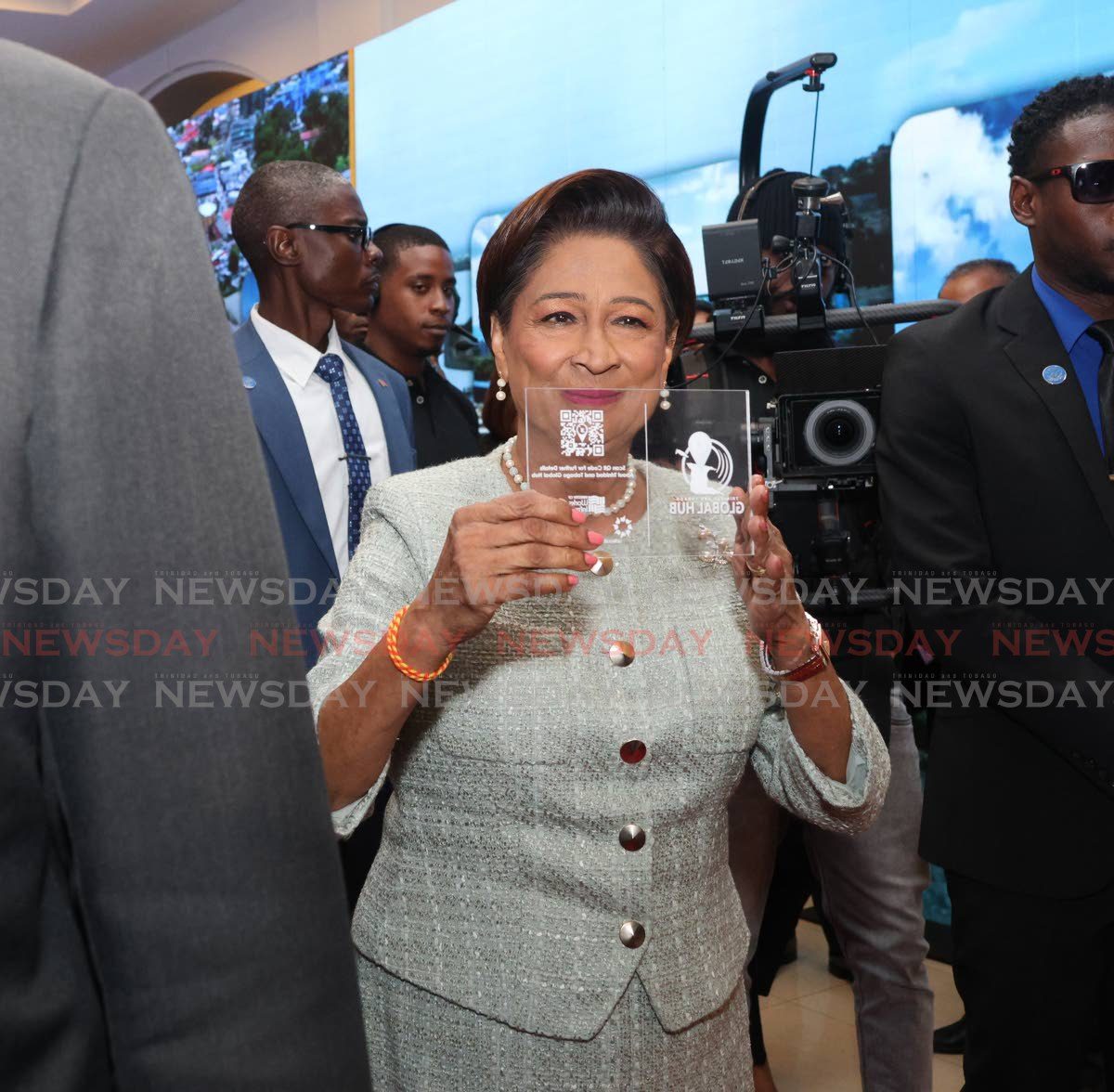Prime Minister Kamla Persad-Bissessar’s handling of international concerns regarding Caribbean military operations has sparked significant criticism, with accusations of policy abdication and foreign alignment overshadowing Trinidad and Tobago’s sovereignty. The controversy centers on the government’s dismissal of legal and ethical concerns raised by international allies, including the UK, France, and the EU, over military strikes in Caribbean waters that have resulted in 75 deaths. Critics argue that the Prime Minister’s reliance on U.S. State Department rhetoric and her labeling of scrutiny as “fake news” undermines democratic accountability and regional diplomatic efforts. The government’s adoption of a “narco-terrorism” narrative to justify extrajudicial actions has further fueled discontent, with opponents accusing the administration of weaponizing public fear to suppress dissent. The erosion of the “zone of peace” framework, a decades-old Caribbean consensus on managing great power competition, has been particularly alarming. Citizens are increasingly frustrated with the government’s prioritization of foreign interests over transparency and national sovereignty. The Prime Minister’s failure to address these concerns independently, instead amplifying foreign officials’ statements, has raised questions about Trinidad and Tobago’s capacity for self-determination. Critics warn that without a demand for accountability, the nation risks losing its independence to governance by proxy.
